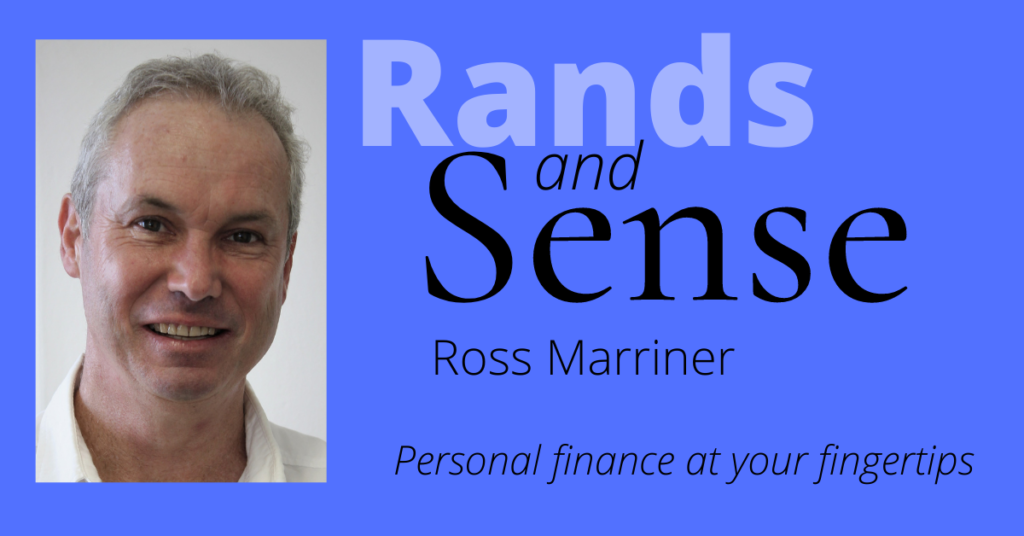By Ross Marriner
Factors such as load shedding, corruption and the general deterioration of municipal service delivery have caused even the most patriotic South Africans to investigate ways to divert a significant proportion of their wealth offshore instead of into the local economy. Although it is important to avoid making investment decisions based on emotion, investing a portion of your portfolio of investments offshore is usually a sensible strategy. A suitably diversified portfolio of investments is an excellent approach to creating sustainable wealth in the long term.
A question often asked is what percentage of one’s total investment portfolio should one invest offshore. In most cases, this percentage would range from 30% to 50% depending on certain factors such as age, risk profile and cash flow requirements.
The JSE accounts for less than 1% of the global economy, and the range and quality of shares available to local investors is relatively limited. By investing offshore, you gain exposure to a wider range of investment options and have access to businesses such as Alphabet, Microsoft, Apple, Meta, Amazon, Visa, Nestle, and many other blue-chip companies not listed on the JSE.
There are various ways for you to invest your money offshore. Firstly, you can physically transfer funds into an investment located and managed offshore using your foreign exchange investment allowance. Performance will then be reported to you in a foreign currency such as the US dollar, British pound, or euro. The administration process associated with such an investment involves the physical transfer of funds via the Foreign Exchange department of a commercial bank into an offshore investment.
Alternatively, you could invest in a Rand-denominated offshore investment domiciled in South Africa. In this instance, you would not need to utilise your exchange control allowance as the funds would remain in South Africa. In both instances, the investments are in the form of direct interests in entities located outside South Africa. You would benefit from any growth, be exposed to any loss in the value of the underlying assets, and derive benefits from the strengthening or weakening of the exchange rate.
The decision of where you invest your funds can be extremely challenging due to the vast number of offshore investment products, asset classes and service providers available. A decision you should avoid is attempting to time the currency or equity market, as this is often a futile exercise. Waiting for the Rand to strengthen or for the global equity markets to weaken will make reaching your investment goals more difficult. Spending time in the market, rather than trying to time the market, is a far more effective investment strategy.
South African investors currently have a great deal of choice and access to offshore investments. This is an excellent opportunity to diversify a portion of your wealth into offshore funds successfully. An experienced Certified Financial Planner® will be able to assist you in navigating through the rules and regulations associated with offshore investing and help you make sound financial decisions.
Rands and Sense is a monthly column written by
Ross Marriner, a CERTIFIED FINANCIAL PLANNER® with PSG Wealth.
His Financial Planning Office number is 046 622 2891


